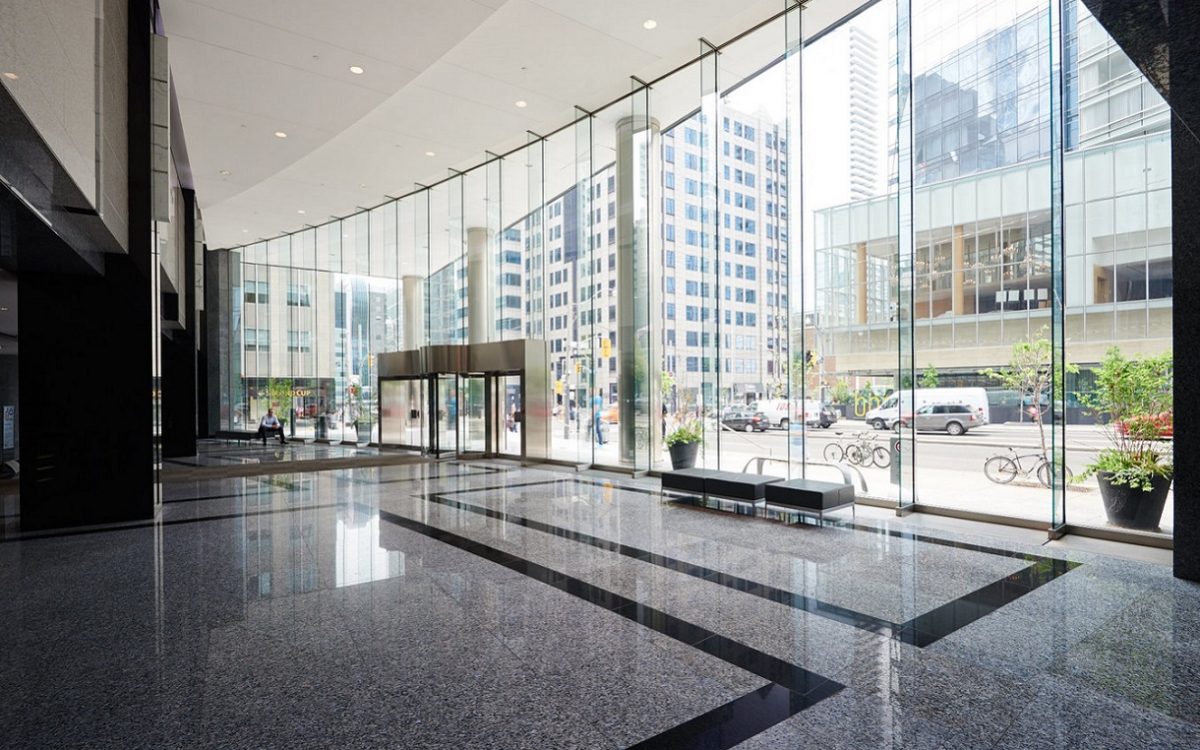The claimant appealed the Divisional Court’s decision that upheld the denial of post-104 IRBs. She argued that the Court and Tribunal failed to apply the proper test. In particular, the claimant argued that the Court failed to consider whether suitable employment existed in a real-world setting, and in putting the onus on her to prove her inability to work. The Court dismissed the appeal, holding that the post-104 IRB test required an evidence-based, contextual analysis. Factors such as competitive, real-world setting, status, and remuneration of alternative employment were relevant, but were not stand-alone requirements. The Court also held that the onus was on the insured to prove her entitlement to post-104 week IRBs.






